Suppose you are starting a product business or are already in the business world. In that case, it is essential to have an understanding of white-label products. This business model has gained popularity among many entrepreneurs and can significantly influence your product and supplier decisions. Knowing this aspect will help you determine the most suitable business model. This article aims to explain white-label products and the white-label business model and provide a list of examples of products for your reference.
- What is a White Label Product?
- What is the White Lable Business Model?
- Why Choose White Label Products?
- How to Choose White Label Products?
- Is White Label Profitable?
- 10 White Label Products Types to Sell and Wholesale.
- FAQs about White Label Products
1. What is a White Label Product?
White-label products are goods manufactured or supplied by a manufacturer and then sold to retailers, distinguishing them from private-label products. Retailers purchase these products and sell them under their brand.
Sellers of white-label products do not have the option to customize the product according to specific parameters. They can only modify the marketing, packaging, and branding labels.
Suppose a seller already has a famous brand. In that case, they can affix their brand label to these products manufactured by the supplier and sell them as new products. This approach can save marketing expenses depending on the target customer base and the brand’s popularity.
In general, it can be challenging for sellers to find white-label products because the manufacturers of these products often remain anonymous. Additionally, white label is not limited to physical products but is also used in software and service industries.
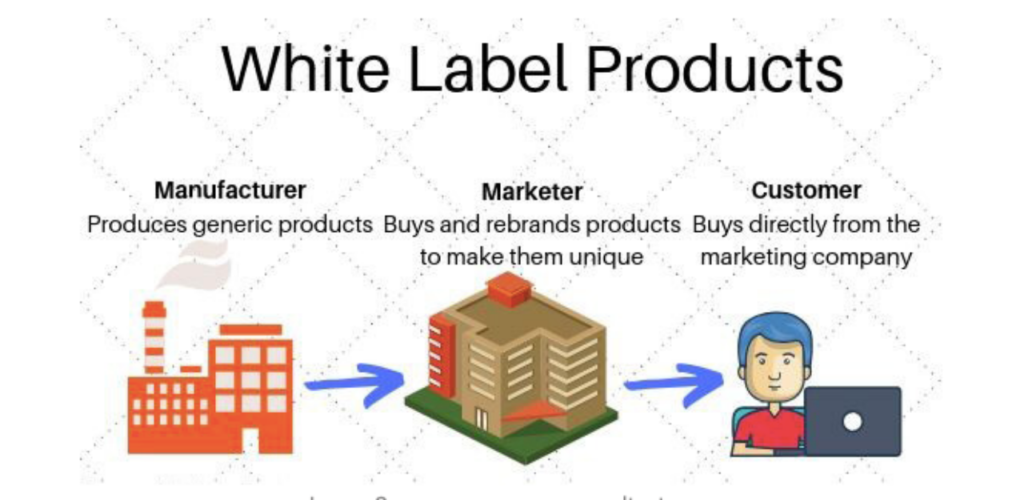
2. What is the White Label Business Model?
In the business context, white labeling refers to purchasing finished products directly from suppliers or manufacturers and then affixing one’s brand labels to these products. This allows sellers to sell products developed and produced by a third party under their brand name.
For instance, imagine you are a retailer specializing in stainless steel water bottles. Still, you need the means to manufacture them yourself. In such a scenario, you must find bottle manufacturers to supply the product and establish a cooperative arrangement. You would then create your brand and attach your label to these products for sale to your customers. The stainless steel water bottles would be considered white-label products in this case.
Sellers can rebrand these products and sell them as their own. Still, they cannot modify the sizes or other parameters of the products according to their specific requirements.
If sellers already have their popular brands, they can also repackage the products purchased from suppliers under their brand and market them as new products. This approach allows sellers to leverage their existing brand recognition, eliminating the need to develop new markets or invest significant time and resources in launching a new product line. Selling white-label products enables them to reduce costs and increase profits.
The white-label business model is vital, especially for small companies and startups. This model saves them considerable effort, time, and money that would otherwise be spent on developing new products, enabling them to enter the market more quickly.
3. Why Choose White Label Products?
White-label products are prevalent in small businesses and new starters because their advantages help sellers develop their businesses better. You can find benefits in the following aspects.
- Save resources on unnecessary items
- Help new starters to enter the market of the product quickly
- Focus on product marketing and promotion
- Make business develop stably
- Sellers don’t need to be professional in every kind of product
- Provide high-quality product services
- Win-win opportunities for both suppliers and sellers
4. How to Choose White Label Products?
When beginners are selecting white-label products, there are several factors to consider:
- Cost of products: The price directly influences the value of the products and the potential profits you can attain.
- Product demand: Consider the product’s popularity, sales volume, and market share. A highly sought-after product tends to yield better sales and higher profits.
- Manufacturer capability: Assess the powers of the manufacturers, as they play a crucial role in determining the quality of the products. Working with reputable suppliers ensures the provision of high-quality products while dealing with unscrupulous manufacturers can lead to numerous issues.
5. Is White Label Profitable?
Undoubtedly, the white-label model is profitable. You can find answers in the following aspects.
- It helps new sellers start their businesses and enter the market quickly
- It saves sellers’ investment in developing and producing products
- It is easy to form a brand effect
- It can help sellers finish financial accumulation fast
- It allows sellers to avoid huge stockpiles under tremendous pressure
6. List of 10 White Label Products Types to Sell and Wholesale.
Suppose you are a retailer planning to adopt white-label products as your primary business model. In that case, it’s essential to determine which type of product is most suitable for you. While there is no absolute standard for defining the best white-label product, it is generally true that selecting the correct type of white-label product can be more advantageous and beneficial.
Each product choice involves varying levels of risk and offers different corresponding benefits. As a result, selecting other white-label products can lead to different outcomes and rewards.
In this article, we will provide a list of several types of white-label products for your reference. This can serve as a starting point to explore your options in the white-label market.
1. Water Bottles
Water bottles are essential in our daily lives, catering to individuals of all ages with various uses. Depending on the intended purpose, water bottles come in multiple types. For instance, fitness water bottles typically have larger capacities to accommodate active individuals. In contrast, daily-use bottles prioritize convenience and tend to be small and lightweight. Additionally, water bottles differ in materials, including plastic, stainless steel, glass, and resin.
Opting for water bottles as white-label products offer sellers the advantage of saving both energy and money that would otherwise be spent on developing new products. Producing water bottles requires significant quantities, placing substantial pressure on small-scale sellers to create and manufacture such products independently. Choosing white-label water bottles allows sellers to circumvent this challenge and focus on branding and marketing their products using existing, quality designs.
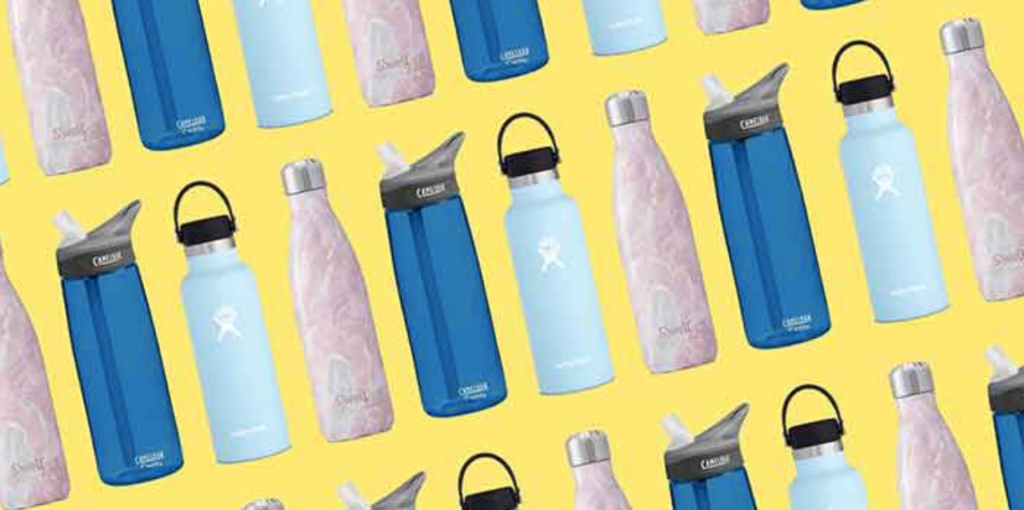
2. Backpacks/ Handbags
The production process for backpacks and handbags involves a series of complex steps, including design, sample making, and manufacturing. This places significant demands on manufacturers. For new and small companies aiming to create their own bag products from scratch, it would require a substantial investment of time, energy, and financial resources. Furthermore, the range of available styles would be limited, hindering their ability to quickly enter the bag market.
Hence, opting for a white label product business model for bags provides several benefits to sellers. It allows them to concentrate their efforts on developing and marketing their own brand labels, rather than investing in the labor-intensive process of creating bags from the ground up. This approach enables sellers to establish a presence in the bag market more swiftly and efficiently.
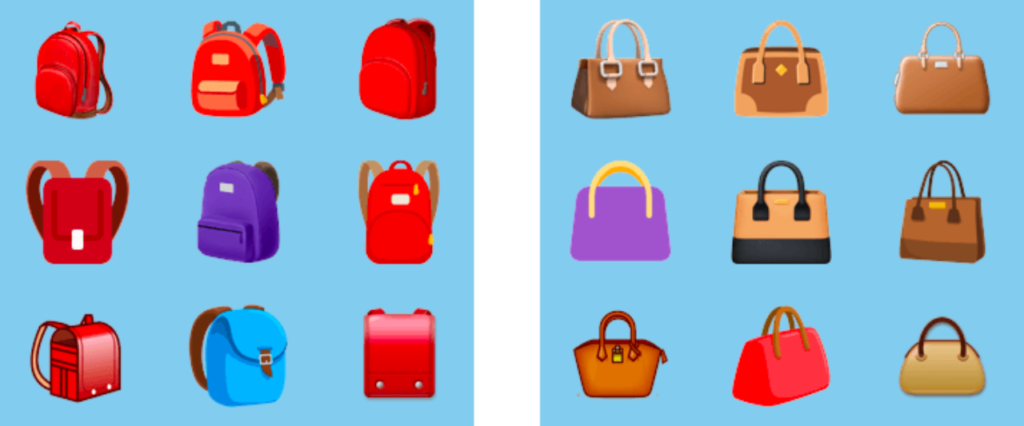
3. Baking Tools
Baking tools come in various types, each with distinct names based on their usage and materials. This product category exhibits a significant diversity in production classifications. Since each baking tool serves a specific function, its design remains relatively constant, and large production quantities are typically required. Consequently, sellers need strong sales capabilities to market these products effectively. Furthermore, as baking tools are low-consumption items, the white-label business model is often more suitable for most sellers.

4. Bras
Selected as white-label products, bras are well-suited for small companies or new beginners. Bras come in various styles and materials and serve different functions. An essential aspect of producing bras is the model or pattern of each bra, which showcases the design and craftsmanship involved. Since small businesses generally need more experience in manufacturing bras, the white-label business model enables them to access a broader range of product styles in a shorter timeframe.
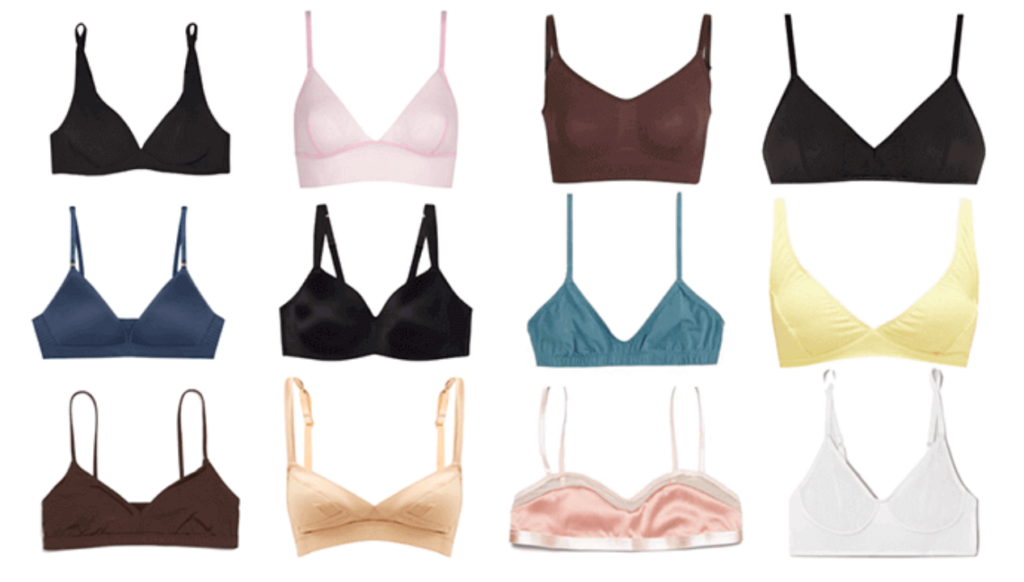
5. Cosmetics and Makeup Tools
Cosmetics and makeup tools encompass diverse categories, each with unique production requirements. Cosmetics products, in particular, entail complex research and production needs due to their usage on the human body and the inclusion of chemical components linked to health concerns. Furthermore, makeup tools like brushes encompass various types, each with distinct production processes and requirements.
The white-label model for these products can yield higher profits for sellers. Sellers can capitalize on existing formulations and designs by opting for white-label cosmetics and makeup tools, saving them extensive research and development costs. Moreover, this approach allows them to focus on branding, marketing, and leveraging the flexibility to customize packaging and labeling as per their target audience. This, in turn, contributes to increased profitability in the cosmetics and makeup tools industry.
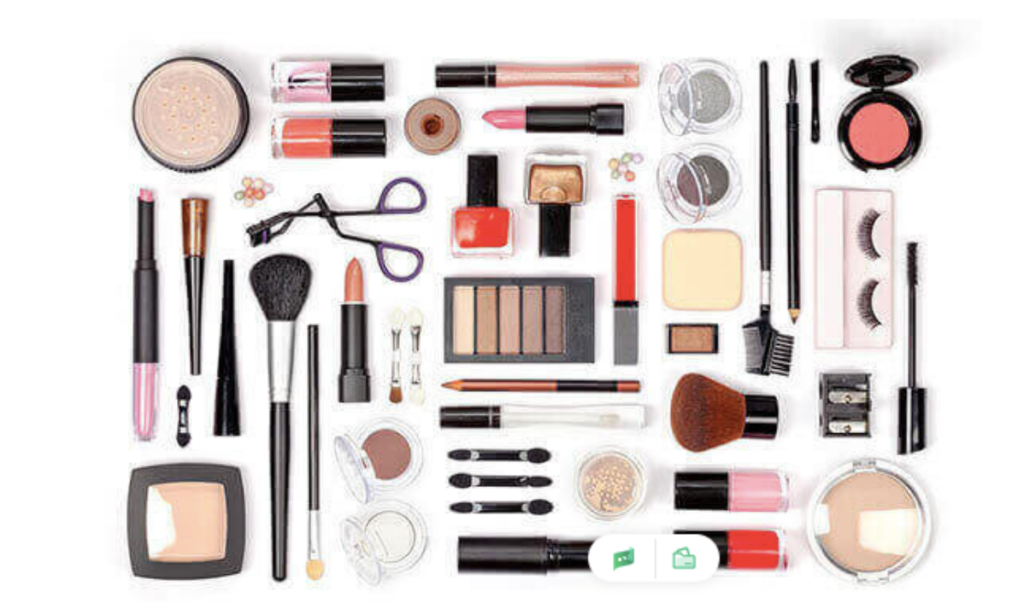
6. Glasses
Glasses are an excellent choice for the white label model, as they encompass various types, such as sunglasses, 3D glasses, and presbyopic glasses, each characterized by distinct styles, materials, and functionalities. Due to the typically high production quantities associated with glasses, many small businesses opt for the white-label model. Additionally, the individual cost of producing glasses is relatively low compared to other products. Therefore, this white-label product can prove profitable for new market beginners.
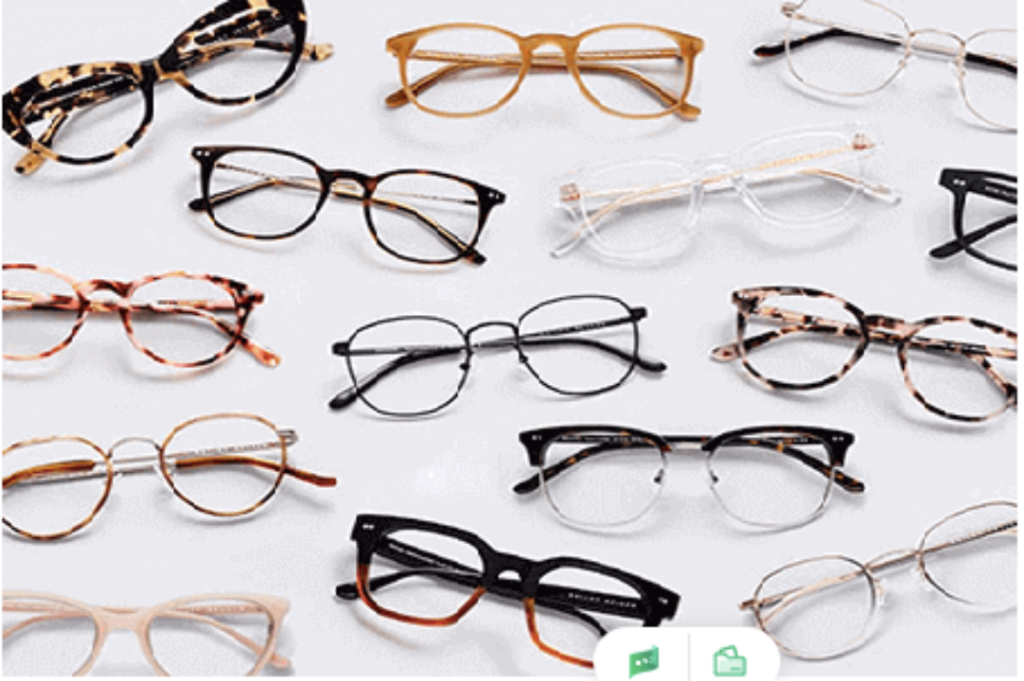
In addition to the products listed above, many other types can be chosen as white-label products. Suppose you want to find white-label products or need clarification on some manufacturers. In that case, you can choose us to help you start your business because we can provide services of white-label products for you.
7.FAQs
- Where can I sell my white-label products?
White-label products are widely available online, particularly on e-commerce platforms like Amazon. Many sellers on Amazon opt to sell white-label products. Additionally, some new sellers of brick-and-mortar stores also choose white-label products. - Where and how can I find white-label products?
Usually, manufacturers of white-label products remain anonymous. You can contact suppliers on relevant platforms or websites like Alibaba or us–Tacole Bags to gather information. - Is there any risk to white labeling?
No business venture is complete without risks. While it wouldn’t be accurate to say that the white label business model is wholly risk-free or devoid of challenges compared to the private label business model or other business models, sellers often face lesser stress with the white label model.
8. The End
If you think this article is helpful for you, please leave your comment and share it. Your support drives us to update more valuable pieces.
We’re Tacole Bags, a leading sourcing agent for bags in China. If you want to find white-label products or white-label services, please feel free to CONTACT US!
